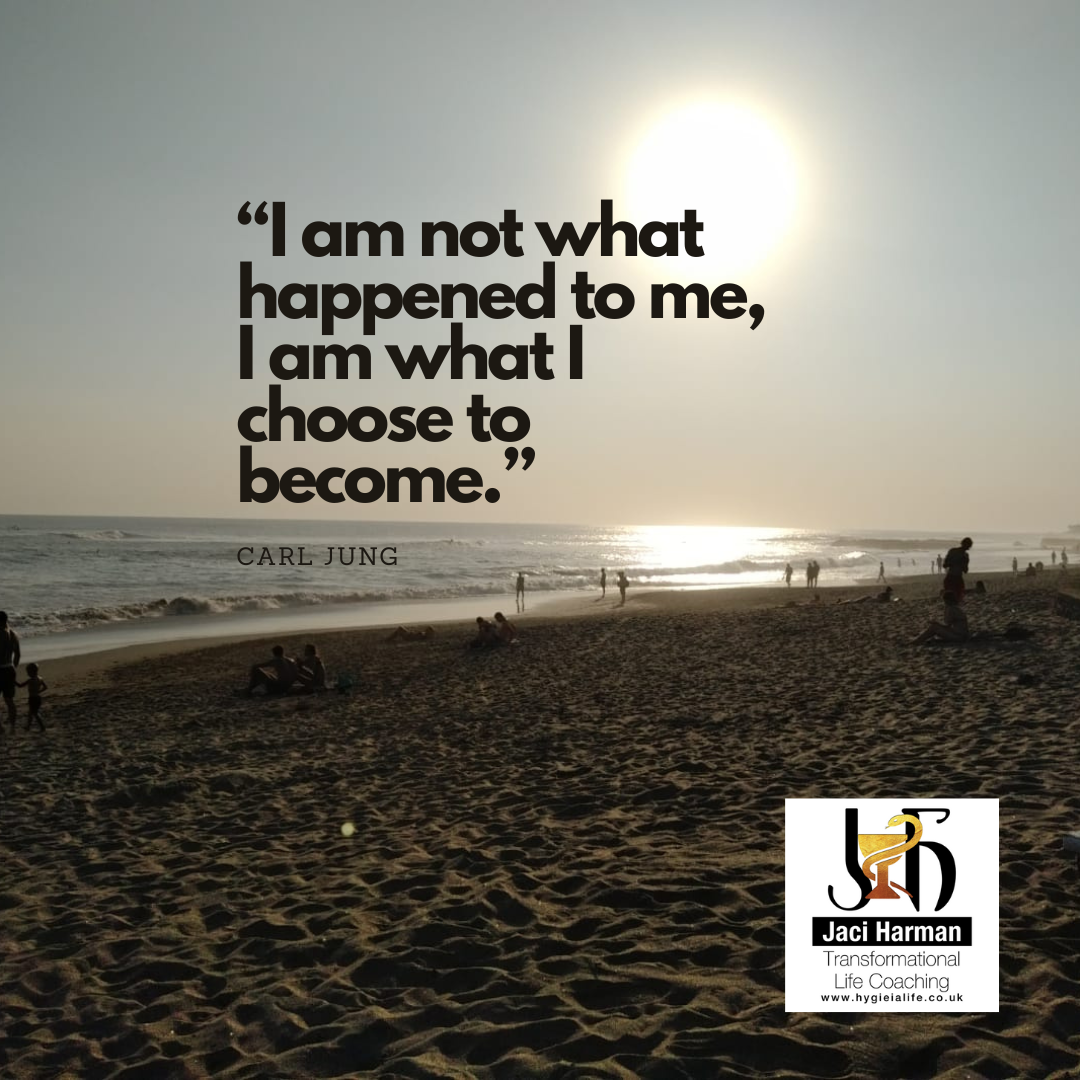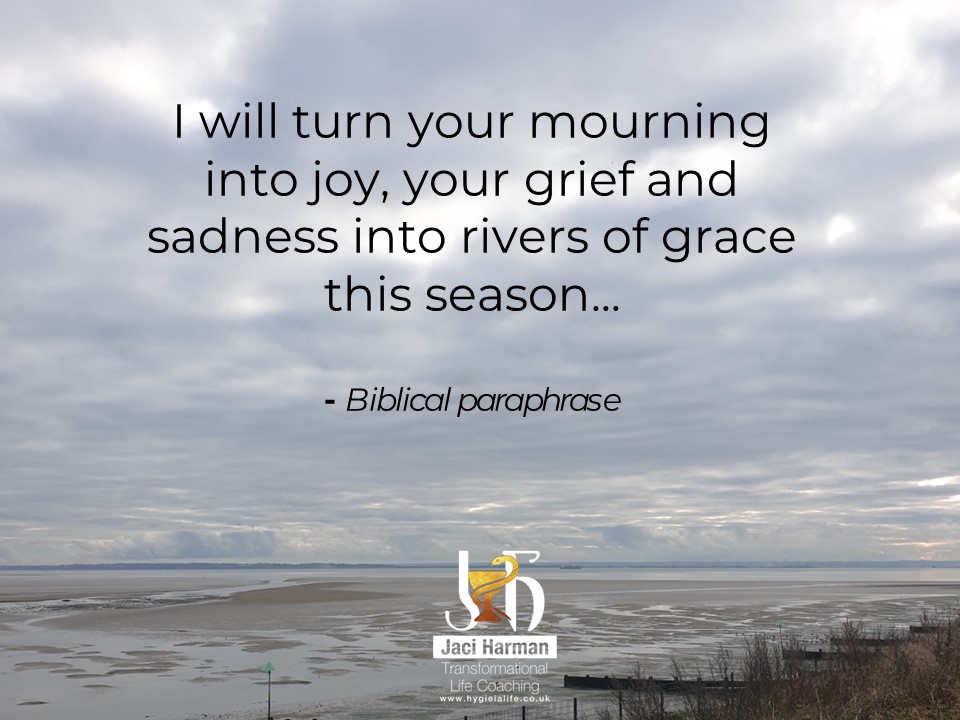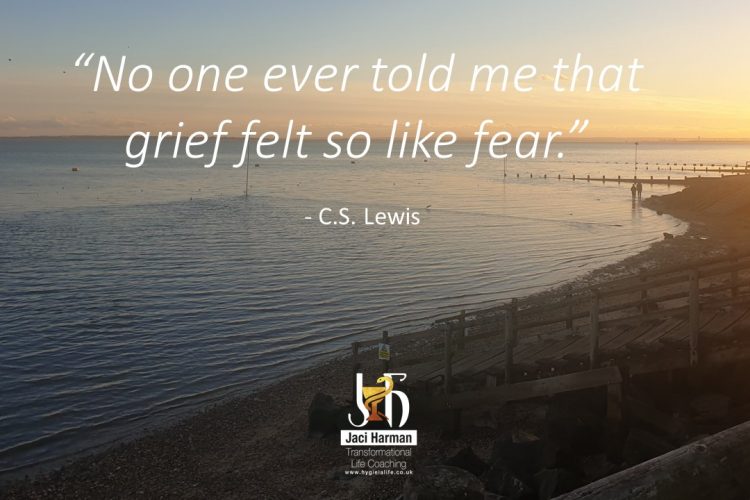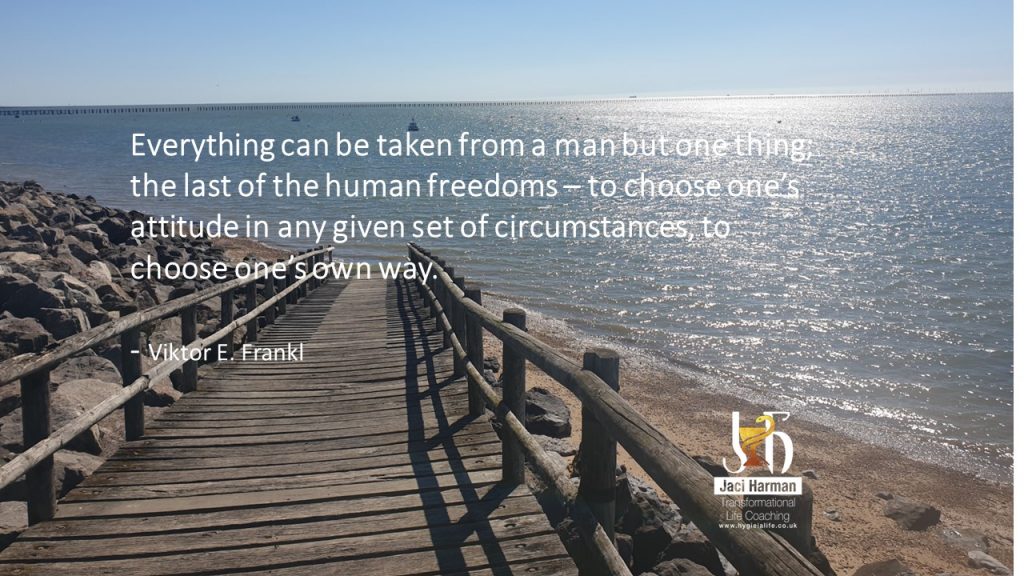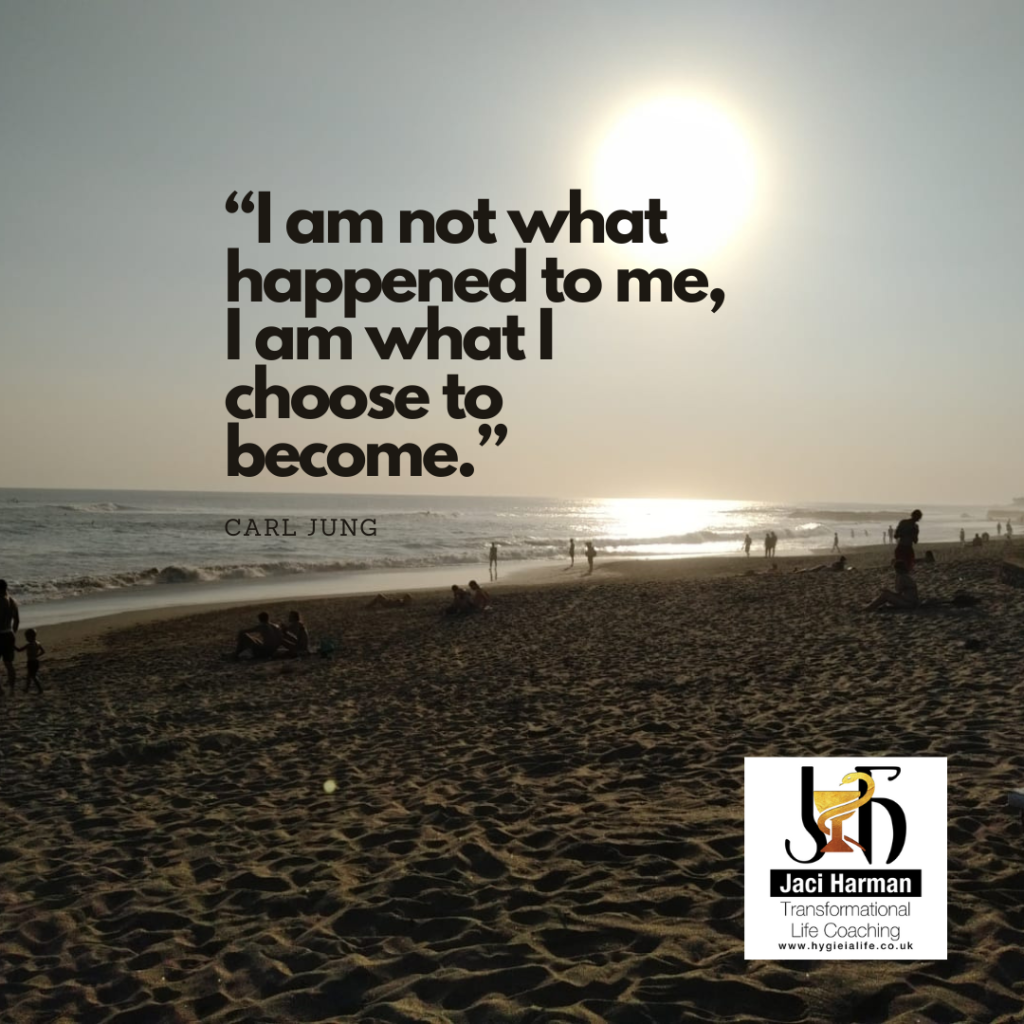
Introduction:
Life often presents us with significant events that disrupt our path, leaving us in a space between worlds. That middle place where you embrace your grief and are trying to find a “new normal” – but before we realise that it’s in this transformative process that we gain a deeper understanding of ourselves.
The middle place helps us discover what truly supports us during difficult times, and shows us how to embrace the freedom to live authentically. These moments force us to pause, reevaluate, and rebuild our lives from the ground up. In this blog, we will explore the themes of fear, happiness, and meaning as we navigate the journey of self-discovery and personal empowerment.
Section 1: Embracing Fear and Seeking Meaning
During times of transition, fear often becomes a formidable challenge that demands our attention. Embracing fear with courage is essential, for it is through boldness that we conquer its grip. As renowned psychologist C.G. Jung aptly puts it, “Only boldness can deliver from fear.” By taking risks and embracing the unknown, we breathe life into the very essence of our existence. Without such audacity, life becomes stagnant, devoid of colour and vibrancy.
In the midst of this transformative process, I stumbled upon Dr. James Hollis’ book, “Living Between Worlds.” Although written prior to the pandemic, its timely publication during those transformative times adds a layer of synchronicity. Dr. Hollis explores the space between worlds, guiding us in rebuilding our lives after experiencing profound shifts. It is through this exploration that we begin to uncover our authentic selves and identify the sources of support that will accompany us on this journey. Dr. Hollis reminds us that true happiness is fleeting; what truly matters is infusing our lives with meaning.
Section 2: The Science of Motivation and Dopamine
Have you ever found yourself engrossed in a repetitive and unexciting task that initially seemed very tedious and unrewarding, only to realize that you derive satisfaction from the act of doing it well? Neuroscience sheds light on this phenomenon. The brain’s reward system, specifically the release of dopamine, plays a significant role in our motivation. Even in situations where the end result may not bring immediate joy, the act of engaging in the task itself can generate a sense of fulfilment.
Additionally, dopamine strengthens neural connections related to rewarding experiences, aiding in learning and memory formation. Understanding dopamine’s role can help us cultivate intrinsic motivation and create a positive environment to enhance our motivation and overall well-being.
As someone who trained in Neurolinguistic Programming (NLP) early in my career, I have intermittently followed scientific advancements in the field. Recently, I came across a Ted talk video called “Brain Hack: 6 Secrets to Learning Faster, Backed by Neuroscience ,”. It’s interesting to understand the most effective ways to learn and why. We’re better motivated to learn as small children because we need survival and social skills while we’re vulnerable and dependent on adults. We lose this imperative as we get older, so these hacks are good. The Ted talk also echoed the growing research I’d seen on Adverse Childhood Experiences (ACEs) and the impact of those on learning and memory.
In a related podcast titled “NEUROSCIENTIST – You’ll Never Lack Motivation Again” I discovered why life really is as hard as we think it is. Not that life is meant to be punishing: this is just the physics of life. What we learn from the neuroscience is that that by consciously transforming effort into an enjoyable experience, we gain greater control over our lives. These insights reminded me of the principles of the Law of Attraction, where envisioning and embodying our desires in vivid detail sets the stage for their manifestation. Although it may initially feel like self-deception, it is essential to understand our limits and allow the process to unfold naturally. Trust in the process is a fundamental aspect of attracting what we desire.
Conclusion:
In the midst of life-altering events, we find ourselves standing at the intersection of fear, happiness, and meaning. By embracing fear with courage, we unlock the potential for growth and transformation. Dr. James Hollis’ work guides us through the process of rebuilding our lives, discovering our authentic selves, and suggests how we may infuse our existence with meaning. Neuroscience provides valuable insights into motivation, highlighting the role of effort and dopamine in creating fulfilling experiences. As we navigate this journey, we must trust in the process and tap into our innate personal power. Remember, this is your road to traverse, and only you can.
